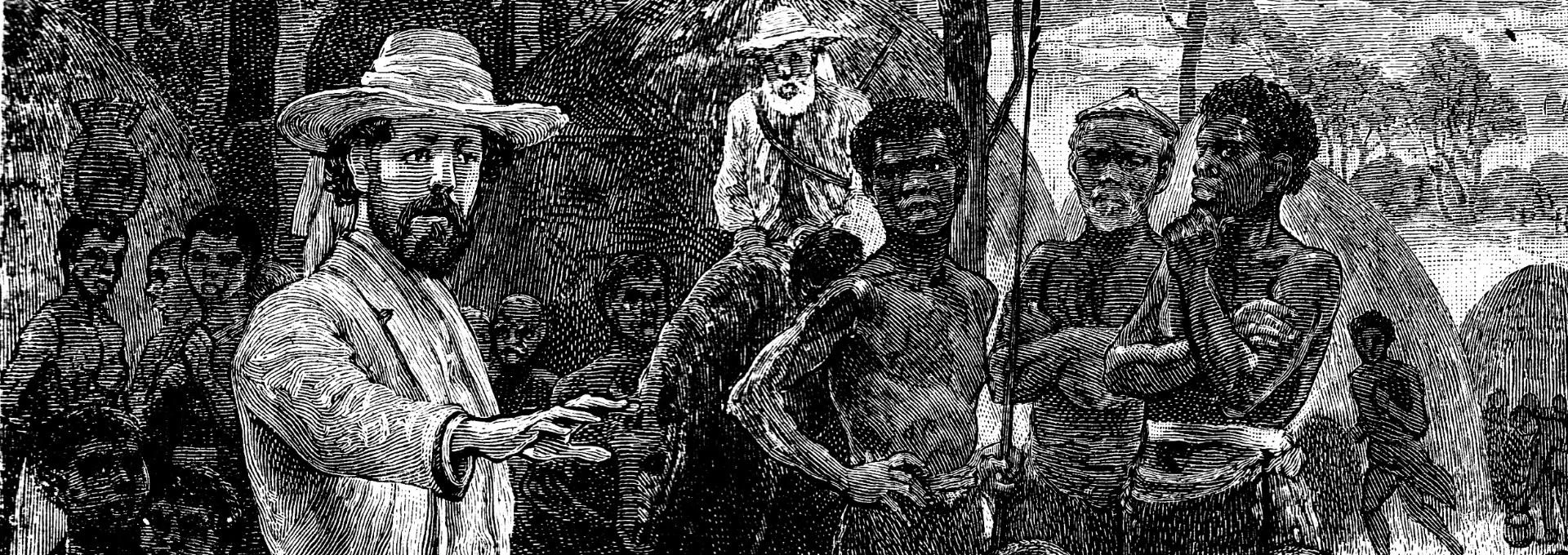Unlearning Empire: education and the legacies of the British Commonwealth

This panel discussion examines how the legacies of empire persist in education systems across the Commonwealth, shaping curricula, pedagogy, and institutions in ways that reproduce colonial hierarchies. It looks at how educators, activists, and organisers are contesting these legacies through counter-histories, community learning, and decolonial practice.
Taking place in the lead-up to the 2026 Commonwealth Heads of Government Meeting, where reparations and colonial legacies will be on the agenda for the first time, this discussion will also feed into the development of the People’s Dossier on Truth and Injustice in the Commonwealth, a living archive of testimonies, resources, and evidence of ongoing harm.
Meet our speakers
Obaapanin Adwoa Oforiwaa Adu of the University of Media, Arts and Communications, Ghana, is a Pan-Afrikan reparations scholar-activist and global justice advocate with two decades of work on decolonisation, gender empowerment, and sustainable development. She completed her PhD at the University of Sussex, Brighton in 2020. She began her activist and scholarly journey with the International Secretariat of the All-Africa Students Union in Accra, before pursuing further studies at London South Bank University, where she worked with networks including the Rendezvous of Victory, GRASSNIF, and the Global Justice Forum. On returning to Ghana, she joined the University of Education, Winneba, continuing action research and decolonial pedagogy while also undertaking further studies at the University of Sussex.
Patricia Daley is Professor of the Human Geography of Africa at the School of Geography and the Environment at the University of Oxford. She has over 30 years of research and publications on migration, political violence, and humanitarianism in Africa. More recently, her publications have addressed epistemic violence and defiant scholarship. She co-authored with Amber Murrey, Learning Disobedience: Decolonizing Development Studies (Pluto Press, 2023).
Muhammad Ibrahim Alom is a 3rd year undergraduate student in the Department of International History at LSE. He is currently serving as President of the LSE Students for Justice in Palestine and Chairman of the LSE Majlis. He is passionate about fostering dialogue on Middle Eastern history, culture, and politics and aspires to become a journalist committed to amplifying underrepresented voices and bringing historical context to contemporary issues.
Chair
Asha Herten-Crabb is IRD Fellow in the Department of International Relations at LSE. Her research covers international trade, health policy, and gender equality - and their intersections – with an emphasis on how global governance structures shape policy making and its outcomes at the national (UK), regional (EU, MERCOSUR), and international levels (WHO, WTO).
More about this event
The Department of International Relations (@LSEIRDept) at LSE is now in it's 98th year - one of the oldest as well as largest IR departments in the world, with a truly international reputation. We are ranked 2nd in the UK and 5th in the world in the QS World University Ranking by Subject 2025 tables for Politics and International Studies.
From time to time there are changes to event details so we strongly recommend that if you plan to attend this event you check back on this listing on the day of the event.
Whilst we are hosting this listing, LSE Events does not take responsibility for the running and administration of this event. While we take responsible measures to ensure that accurate information is given here this event is ultimately the responsibility of the organisation presenting the event.
LSE holds a wide range of events, covering many of the most controversial issues of the day, and speakers at our events may express views that cause offence. The views expressed by speakers at LSE events do not reflect the position or views of the London School of Economics and Political Science.
